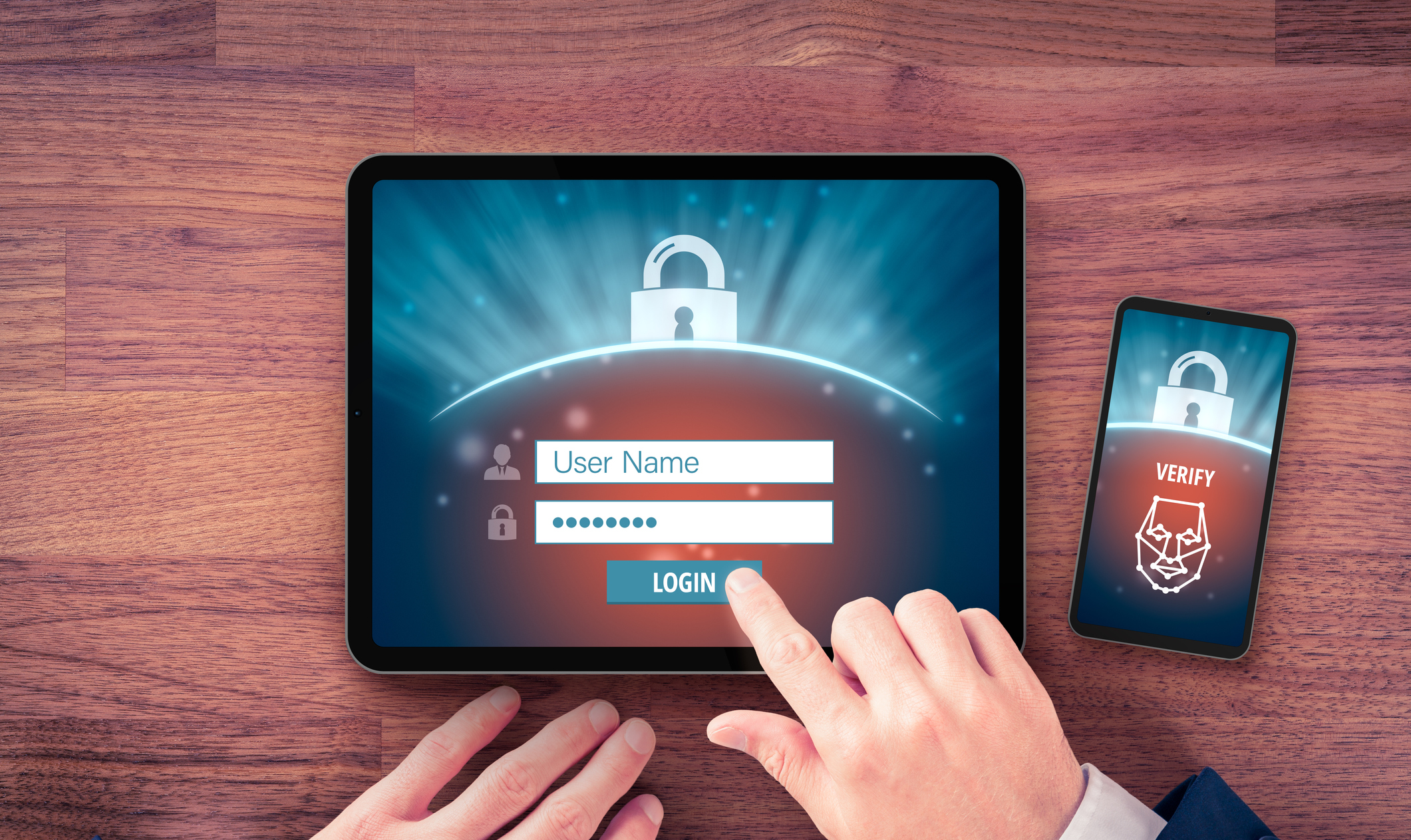In July 2024, Change Healthcare had the largest data breach to date in the healthcare industry. It is estimated that over 100 million individuals were affected.
Think this only happens to large organizations? Nope. In reviewing last month’s data from the HHS’ Office for Civil Rights, 66 data breaches were reported, each affecting 500 or more patient records.
Hackers are also targeting healthcare organizations with the goal of disrupting everyday operations for financial gain.
For example, a Florida blood bank was recently the victim of a ransomware attack that caused a software problem, halting the ability to label blood products for distribution. This resulted in a statewide blood product shortage, cancelling surgeries and causing medical chaos. Luckily, alternate distribution efforts were enacted immediately and most shortages were resolved within 72 hours. However, the information technology issues took one week to resolve.
Unfortunately, this scenario is becoming increasingly common. Cybercriminals are drawn to healthcare organizations not just to disrupt operations, but because of the immense financial value of the data they hold. Medical records and billing information can be sold on the black market for a premium, making hospitals, clinics, and private practices prime targets. These attacks often lead to costly service interruptions, reputational damage, and in some cases, permanent closures—all driven by the bad actor's pursuit of profit.
Many smaller healthcare organizations can’t afford to hire a dedicated cybersecurity specialist. However, another option is to leverage the services of a Managed IT provider that has experience serving healthcare organizations. This can open a world of access to experts with specialties in safeguarding organizations against cyber threats, ensuring security tools are in place to uphold HIPAA compliance and maintain operational continuity.
RELATED: What is the Average Recovery Cost of Cyberattacks?
Cybersecurity, Healthcare and Managed IT
When the American College of Surgeons (ACOS) in 1928 established the goal of improving the standards of records created in clinical settings, they inadvertently created an information technology headache. Supporting internal IT functions 24/7/365 demands significant resources to comply with the strict regulations and privacy standards governing medical organizations.
And with the rise of cybercrime, internal IT teams within healthcare organizations are being stretched to the breaking point.
Outsourcing Managed IT Services for cybersecurity allows internal healthcare IT teams to focus on delivering the service levels clinicians and administrators need. Managed IT services can be more cost-effective than employing additional internal IT staff, as the healthcare organization is relieved from concerns related to technical certifications, turnover, and other responsibilities typically handled by internal IT staff. In addition, having access to cybersecurity specialists means your healthcare organization will be able to better plan for a more secure future.
INFOGRAPHIC: Traditional IT vs Technology Management
Supporting Internal Healthcare IT Teams
Did you hear that sigh of relief? That’s what you’ll hear from your internal IT team when your healthcare organization partners with an expert Managed IT Services provider. Working with a Managed IT Services provider takes the round-the-clock burden of data security and management off your internal IT team’s task list.
Partnering with a Managed IT Services provider can also reduce your internal IT team’s heavy workload by:
- Providing higher levels of cybersecurity services
- Freeing up IT resources for clinical applications and growing the business
Of these benefits, we’ve found that our healthcare clients often see the most immediate benefits from partnering with us for cybersecurity strategy and monitoring as hackers like to target medical records.
The data in medical records is highly valuable. In fact experts estimate that the data from a medical record could be worth 50 times more than a credit card number.
Here’s three ways that hackers have been found to make money from stolen medical data:
- Social security numbers, dates of birth and demographic data can be used to commit identity theft to obtain loans and credit cards in victims’ names
- Personal health information can be used to fraudulently obtain expensive medical services for others
- Healthcare records can be used to file fraudulent tax returns in order to obtain health-related rebates
A Prescription for Small and Medium-Sized Healthcare Organizations
Small and medium-sized businesses deserve enterprise-level cybersecurity too!
A holistic, multi-layered approach to cybersecurity is the best way to protect your evolving healthcare organization from cyberattacks, sneaky hackers and destructive data breaches. In addition, we recommend being prepared by having a cyber breach response plan in place.
Wondering if Managed IT is right for your organization? Discover your cyber risk score with our cybersecurity risk assessment. Elevity's managed IT services can help you address vulnerabilities and enhance your security. Check out our cybersecurity risk assessment today!










%20cropped.jpg?width=200&height=200&name=David_Eichorn%20(Pro)%20cropped.jpg)





